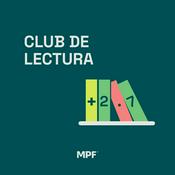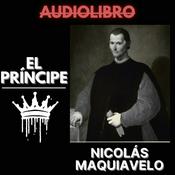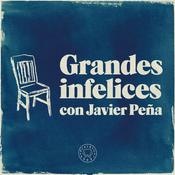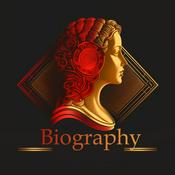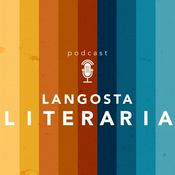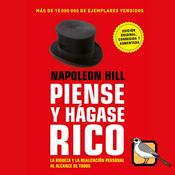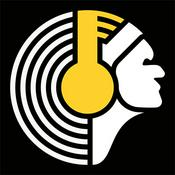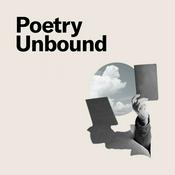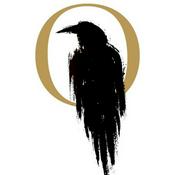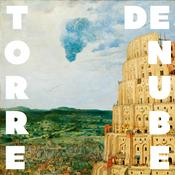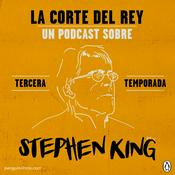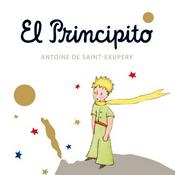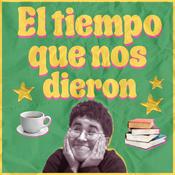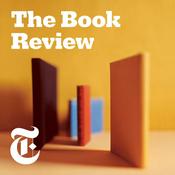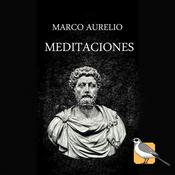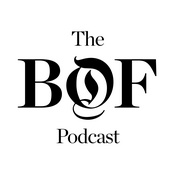47 episodios

History of Ideas Club: Disraeli and Oakeshott
10/11/2025 | 1 h 10 min
Send us a text💭 Can politics be an art of belonging rather than a science of control? In this final instalment of the Heritage Series, Samuel Woodall explores the enduring legacy of Benjamin Disraeli and Michael Oakeshott — two thinkers who gave conservatism its humane and imaginative character.From Disraeli’s Sybil and the vision of “One Nation” politics, to Oakeshott’s On Being Conservative and his defence of civil association, Sam traces how both figures reimagined conservatism as a philosophy rooted in continuity, affection, and the poetry of ordinary life.🎧 In this episode:Disraeli’s “Two Nations” and the birth of One Nation ConservatismOakeshott’s critique of rationalism and the politics of traditionThe conversation between romantic idealism and philosophical restraintHow their ideas illuminate the moral centre of the conservative traditionThis episode brings our Heritage Series to a close — a journey through the great lineage of conservative and traditionalist thought, from Plato and Augustine, through Burke, de Maistre, and Scruton, to the statesmanship of Disraeli and the quiet wisdom of Oakeshott.📚 Hosted by Samuel Woodall (PhD Candidate in Intellectual History, University of Buckingham) 🎙️ Produced by Beyond the Text: The Intellectual Historian’s Podcast 🎧 Available on Spotify, Apple Podcasts & all major platforms#BeyondTheText #HeritageSeries #BenjaminDisraeli #MichaelOakeshott #Conservatism #PoliticalPhilosophy #IntellectualHistory #OneNation #PhilosophyPodcast #HistoryOfIdeas #BritishPolitics

History of Ideas Club: Roger Scruton
03/11/2025 | 1 h 19 min
Send us a text💭 Can conservatism be a culture of love rather than fear? In this episode, Jack Thomson explores the life and thought of Sir Roger Scruton (1944–2020) — philosopher, writer, musician, and one of the most articulate defenders of beauty, belonging, and the sacred in modern life.Through works such as The Meaning of Conservatism, Beauty, and England: An Elegy, Jack examines how Scruton sought to recover the moral imagination of the West — a world held together not by ideology, but by affection, duty, and shared meaning.🎧 In this episode:Scruton’s defence of tradition and “the good in the familiar”His vision of beauty as a moral realityThe intertwining of home, nation, and sacred orderHow Scruton’s conservatism redefined love, loyalty, and loss in a secular ageThis is the fifth instalment in our Heritage Series, tracing the evolution of conservative and traditionalist thought — from Plato and Augustine to de Maistre, Burke, and Scruton — exploring how ideas of order, imagination, and belonging continue to shape civilisation.📚 Hosted by the History of Ideas Reading Club (University of Buckingham) 🎙️ Produced by Beyond the Text: The Intellectual Historian’s Podcast 🎧 Available on Spotify, Apple Podcasts & all major platforms#BeyondTheText #HeritageSeries #RogerScruton #PoliticalPhilosophy #Aesthetics #Beauty #Conservatism #IntellectualHistory #PhilosophyPodcast #HistoryOfIdeas

History of Ideas Club: Edmund Burke and the Romantic Poets
13/10/2025 | 1 h 10 min
Send us a text💭 Can feeling and imagination preserve what reason alone cannot? In this episode, Jack Thomson explores how Edmund Burke’s political vision of order, tradition, and moral imagination found unexpected echoes in the Romantic movement — especially in the poetry of Wordsworth and Byron.Through Burke’s Reflections on the Revolution in France, we trace the emergence of the conservative imagination: the belief that society is a living organism shaped by inherited wisdom and sentiment. From there, Jack turns to the Romantics — to Wordsworth’s reverence for nature and continuity, and to Byron’s passionate rebellion against rationalist constraint — showing how the age’s poets both deepened and disrupted Burke’s legacy.🎧 In this episode:Burke’s Reflections and the politics of moral imaginationWordsworth’s transformation of Burkean feeling into poetic visionByron’s ambivalent embrace of liberty, passion, and traditionHow Romanticism redefined the language of political and emotional orderThis is the fourth instalment of our Heritage Series, tracing the evolution of conservative and traditionalist thought — from Plato and Augustine to de Maistre, Burke, and beyond — exploring how art, faith, and politics intertwine in the making of Western civilisation.📚 Hosted by the History of Ideas Reading Club (University of Buckingham) 🎙️ Produced by Beyond the Text: The Intellectual Historian’s Podcast 🎧 Available on Spotify, Apple Podcasts & all major platforms#BeyondTheText #HeritageSeries #EdmundBurke #Wordsworth #Byron #Romanticism #PoliticalPhilosophy #IntellectualHistory #Conservatism #PhilosophyPodcast #HistoryOfIdeas

History of Ideas Club: Joseph de Maistre
29/9/2025 | 1 h 15 min
Send us a textWelcome to the third instalment of our Heritage Series, part of the History of Ideas Reading Club, hosted by Jack Thomson (MA Philosophy, University of Buckingham).In this session, we turn to the fiercely counter-revolutionary thought of Joseph de Maistre (1753–1821) — one of the most provocative and eloquent defenders of authority, monarchy, and faith in the wake of the Enlightenment and the French Revolution.Jack explores de Maistre’s Considerations on France and The St Petersburg Dialogues, unpacking his vision of providence, order, and political legitimacy in a post-revolutionary world. Through de Maistre, we trace the intellectual foundations of traditionalism and reaction — ideas that would deeply influence later conservative and Catholic political thought.👉 Watch to learn:How de Maistre responded to the chaos of the RevolutionWhy he saw bloodshed as divine justiceHis influence on thinkers like Donoso Cortés, Bonald, and even modern conservatism🗣️ This episode continues our journey through Heritage: from Plato and Augustine to the philosophical roots of Burkean conservatism, exploring how ideas of order, virtue, and tradition have shaped Western political thought.📚 Hosted by the History of Ideas Reading Club (University of Buckingham) 🎙️ In association with Beyond the Text: The Intellectual Historian’s Podcast#HistoryOfIdeas #HeritageSeries #JosephDeMaistre #PoliticalPhilosophy #Conservatism #IntellectualHistory #BeyondTheText #PhilosophyDiscussion

History of Ideas Club: Augustine's City of God
23/9/2025 | 1 h 8 min
Send us a textIn this episode of the History of Ideas Club, Jack Thomson (MA Philosophy, University of Buckingham) leads a discussion on St Augustine’s The City of God. We explore Augustine’s response to the fall of Rome, his vision of the earthly and heavenly cities, and the influence of his thought on theology, politics, and philosophy.The History of Ideas Club meets bi-weekly in London to read and debate classic texts in philosophy and political thought. This recording brings the conversation to a wider audience.#Augustine #CityOfGod #PhilosophyPodcast #HistoryOfIdeas
Más podcasts de Arte
Podcasts a la moda de Arte
Acerca de Beyond the Text: The Intellectual Historian's Podcast
Escucha Beyond the Text: The Intellectual Historian's Podcast, Bibliotequeando y muchos más podcasts de todo el mundo con la aplicación de radio.net
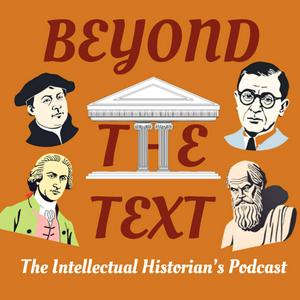
Descarga la app gratuita: radio.net
- Añadir radios y podcasts a favoritos
- Transmisión por Wi-Fi y Bluetooth
- Carplay & Android Auto compatible
- Muchas otras funciones de la app
Descarga la app gratuita: radio.net
- Añadir radios y podcasts a favoritos
- Transmisión por Wi-Fi y Bluetooth
- Carplay & Android Auto compatible
- Muchas otras funciones de la app


Beyond the Text: The Intellectual Historian's Podcast
Descarga la app,
Escucha.

